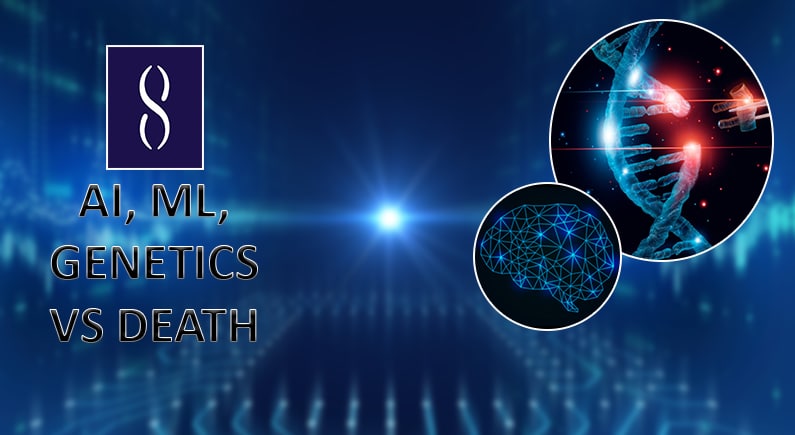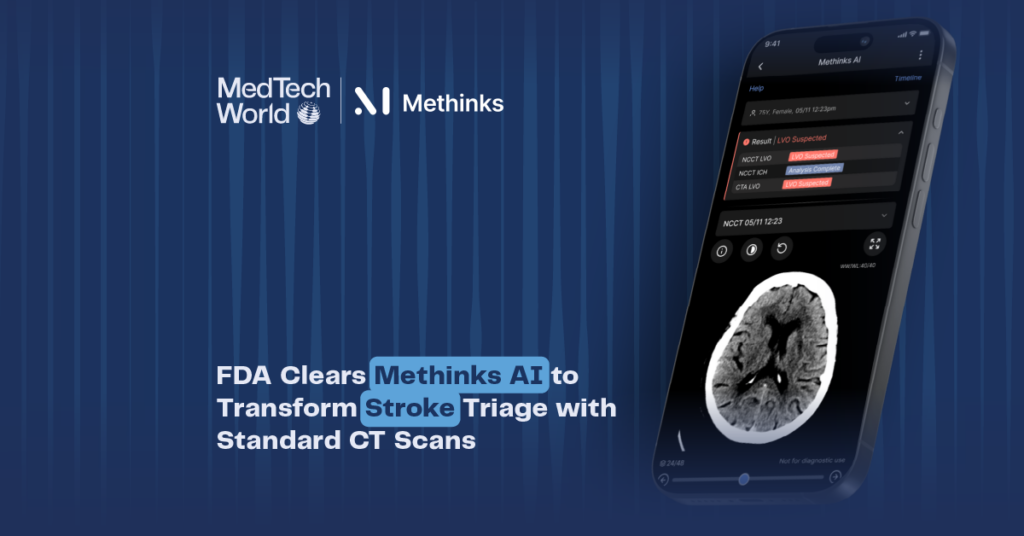
Michael Joe Cini
30th August 2022
The Death of Death: The Struggle to Prolong Human Lifespan
“We begin to die from the moment we are born, for birth is the cause of death. The nature of decay is inherent in youth, the nature of sickness is inherent in health, in the midst of life we are verily in death.” – Gautama Buddha
Investigating The Secrets to Human Longevity Using Methuselah Flies
Although death is certain, immortality has long been a dream for human beings. In ancient mythologies, immortality is one of the distinguishing traits between humans and the gods. Recently, research has sought to prolong human lifespan using model organisms such as mice or flies. However, it all started in the 1980s.
In the 1980s, for the first time, many researchers used artificial selections to produce populations of Drosophila with exceptionally long adult life spans. Dr Michael Rose, a biologist, started to selectively breed Drosophila fruit flies for increased longevity, and published preliminary results in 1981, after which full reports by both Luckinbill et al. and Michael Rose were published back-to-back in ‘Evolution’ in 1984. Michael Rose and his colleagues were able to double the lifespan and improve the health of the insects. At that time, these observations were considered unexpected and intriguing. Subsequently, research in this area has had a significant influence on evolutionary thinking, particularly in the aspects of life-history evolution and fitness component tradeoffs.
Over the years, in a bid to prolong human lifespan, researchers have worked tremendously on the fruit flies, discovering and creating Drosophila mutants.
The Methuselah Flies: Mutations in the Drosophila Flies
Methuselah (mth) gene
In 1998, Seymour Benzer and his colleagues at the California Institute of Technology in Pasadena found that fruit flies with a mutated methuselah (mth) gene live 35% longer than average. The changes in this single gene also help fruit flies resist starvation, heat, and poisons much more than average. This suggests ageing is a response to such stresses. The methuselah (mth) gene codes for a class of proteins known as G protein-coupled receptors (GPCR), which sit on the surfaces of cells and regulate their activity based on signals from the environment.
E(z) gene
Also, a team of investigators, led by scientists at the Engelhardt Institute of Molecular Biology in the Russian Academy of Sciences, discovered that the E(z) mutant strain of Drosophila melanogaster has 22-23% increase in average lifespan, and can withstand starvation, poison, and temperatures as high as 35⁰C.
In a study published in ‘Scientific Reports’ in June 2019, titled “Transcriptome Analysis of Long-lived Drosophila melanogaster E(z) Mutants Sheds Light on the Molecular Mechanisms of Longevity,” the research team compared the gene activity of long-living fly strains to the control insects and confirmed the positive effect of the mutation.
The E(z) affects the activity of other genes. And since gene activity controls all functions of a cell and, ultimately, the organism as a whole, a mutation in this gene causes perturbation in gene expression and affects the flies’ lifespan and tolerance to adverse conditions.
Ahuizotl (azot) gene
In 2014, researchers at the Institute of Cell Biology from the University of Bern in Switzerland developed a new method to extend the lifespan of flies based on an improved selection of the best cells within the body. The research, led by Eduardo Moreno, aims to maintain tissue health, delay ageing, and prolong lifespan by eliminating damaged cells. The team identified a gene called ahuizotl (azot). This gene naturally selectively targets less healthy or unfit cells to protect the integrity and health of the organs of the Drosophila flies.
Each cell normally has two copies of this gene. Inserting a third one helped the researchers to select better cells more efficiently, consequently improving cell quality control mechanism. The resulting flies appeared to maintain better tissue health, age slower, and have 50-60% longer lifespans.
AI and MedTech Partnered to Cure Ageing
With the aim of applying advanced machine learning and machine reasoning methods to transfer insights gained from the Methuselah fly genome to the human genome, SingularityNET and Rejuve.AI have launched a partnership with Genescient. The partnership seeks to acquire new information regarding gene therapies, drugs or nutraceutical regimens for extending healthy human life.
The descendants of Methuselah flies, the selectively bred fruit flies with a generational span 4.5 times longer than their wild counterparts, are held by Genescient Corporation.
The partnership will make use of the data from Genescient’s Methuselah flies, such as DNA, RNA, and other genomic and physiological information. To identify critical biological patterns differentiating Methuselah flies from normal control flies, the data obtained from Genescient will then be crunched by SingularityNET and Rejuve’s AI analysts using neural networks and other machine learning tools, alongside symbolic AI methods.
For their AI algorithms to be able to determine which fruit-fly longevity patterns can be imitated or transferred to humans, researchers at SingularityNET and Rejuve’s are extending the Bio-Atomspace to combine the fruit fly database with the space’s existing human genomic and clinical data. This data comes from a broad spectrum of people of different ages and varying levels of health.
Dr Ben Goertzel and his bio-AI colleagues at SingularityNET and Rejuve.AI had worked in collaboration with Genescient about a decade ago where they applied machine learning to Methuselah fly genomic data and identified numerous genes and pathways associated with Methuselah fly longevity. They found how to double the lives of middle-aged flies by feeding them appropriate combinations of supplements.
“With the breadth and depth of omics data now available across multiple organisms, and the power of modern AI technology to sift through this data to find actionable patterns, plus new therapeutic methods like CRISPR and stem cell injections, the death of death is almost certainly near,” states Dr Goertzel.
Of course, a lot of human data is needed to feed the AI. However, Rejuve Network provides a solid mechanism for incentivizing people to contribute their data to feed the AI and get reasonable compensation. While Genescient creates a platform for the discovery of novel treatments for the diseases associated with ageing, SingularityNET and Rejuve.AI offer a compelling array of tools and resources to accelerate this discovery.
Take Part in Med-Tech World 2022
It is now estimated that the global digital health market will increase to around $640 billion by 2026. Through our expertise coupled with optimized networking, we will ensure that both investors and startups are on the ground floor of this health revolution. The event which is organized and curated alongside a team of doctors, attracts legislators and policymakers, medical professionals, and investors from across the world, addresses the opportunities and challenges driving this million-dollar forum.




